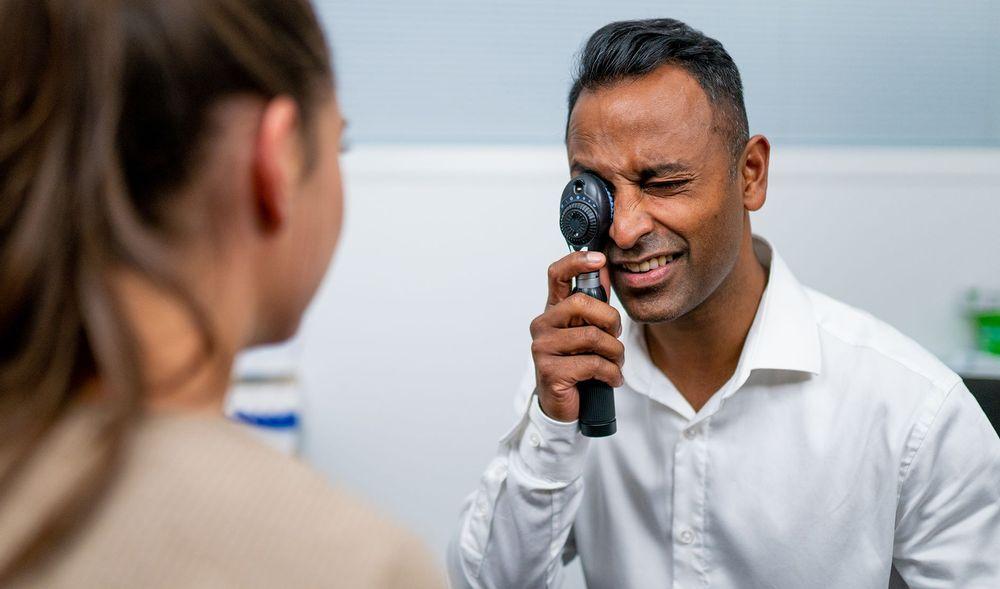Four tips for choosing your medical specialty

Choosing a medical specialty is an important step in your career as a doctor.
The experiences you have as a House Officer will influence your medical specialty choice. Some young doctors can choose the future of their career based on these early experiences, but for many, the decision is not so straightforward.
If you’re choosing a medical specialty for the first time or are making a mid-career change, here are four tips to follow to choose your medical specialty.
#1 Start with some desk-based research
There’s a huge range of medical specialties and each specialty can vary depending on where you work if you go into clinical or research-based work and the hospital or location you work in. While you’ll gain experience in some of the main specialties during training, you won’t experience them all. This is why it is important to gather information on the many specialty options and their training pathways.
Get ‘insider’ information by reading blog posts and articles written by individuals in your favoured specialty. Try psychometric testing (like the UK’s Sci59) to see which specialties match your personality. Look at the pros and cons, research salary information and employment opportunities.
#2 Understand your work and lifestyle goals
Take a holistic approach to think about what you want in your career and life outside of work. Ask yourself:
- What do I want to get out of my career in medicine?
- What are my values and beliefs?
- What kind of environment do I want to work in?
- Where do I want to live?
- What kind of lifestyle do I want to lead in the short and long term?
- What do I enjoy doing – both at work and outside of work?
Looking for a doctor job that matches your career and lifestyle aspirations?
Search jobsLook at your answers to these questions and think about what is most important to you. Then go back to your research on your chosen specialties and look at where you’ll have to compromise and what you’ll gain in each specialty. Is there one that stands out, with the fewest compromises and the most gains?
#3 Remember you can change your chosen specialty
Choosing a specialty that you’ll work in for the next three decades can be a daunting task.
When choosing your specialty, try to think about the long and short-term. Find a balance between planning for your future and following your passions today. But it’s also important to remember that life changes – and you will change – over time. What suits you today may not suit you in ten years and that’s okay.
It is not unusual to change specialties later in life. While it is a good idea to do as much research as possible and to choose carefully, don’t worry that you’ll be tied to this choice forever. Many doctors find that their experiences, skills, and education in one specialty can significantly help them in another specialty later in life. Read Dr Sneha’s story; she found her experience in general surgery helped her become a great rural GP – a specialty she loves.
#4 Gain experience in different medical specialties
Locuming is a great way to gain experience across different specialties, hospitals, clinics, and locations. Medical school can feel like a conveyor belt, and many young doctors feel pushed into choosing a specialty quickly to start further training as soon as possible. Know that you don't have to do that.
We’ve worked with many doctors who have taken a year off to locum before embarking on a full-time training position in their chosen specialty. Locuming allowed them to discover new locations and ways of working. Some met fantastic mentors, discovered exciting factions of specialties they didn’t know about and great lifestyles they didn’t know were possible in medicine.
